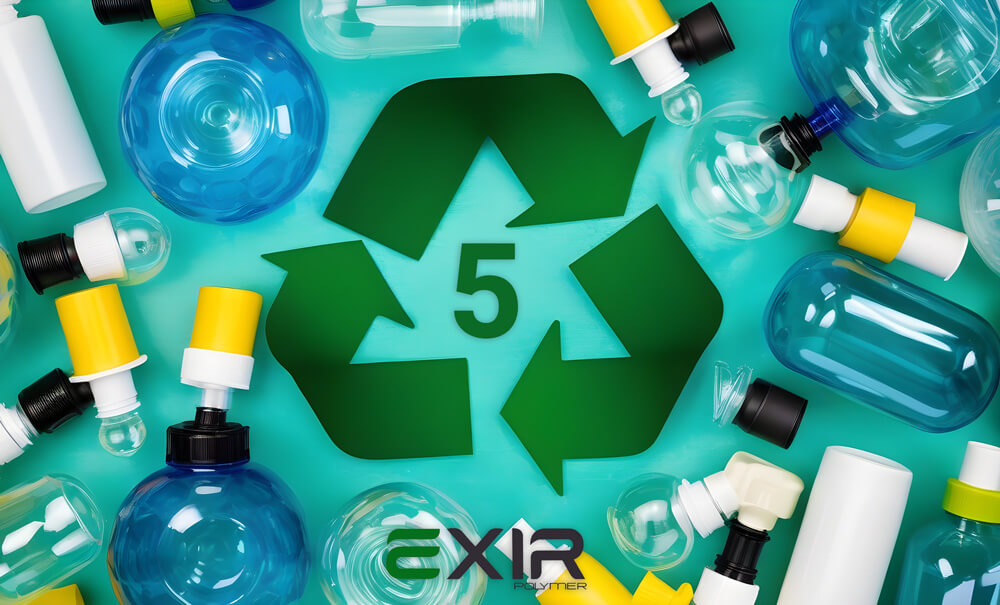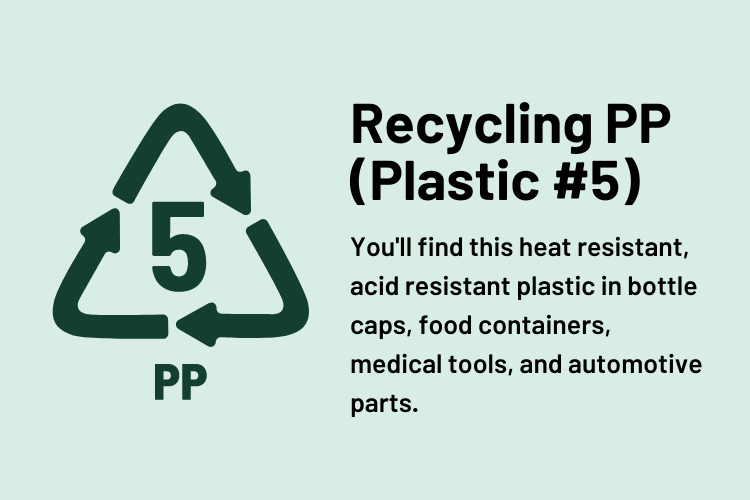As sustainability becomes a key focus world wide, the focus is on how industries can reduce environmental impacts. Polypropylene (PP), one of the most commonly used plastics, has acquired substantial interest because potential in the circular economy. With rising concerns about plastic waste, PP recycle alternatives are emerging as a encouraging avenue for achieving sustainability objectives and lowering environmental footprints.

Polypropylene is trusted across different industries, from appearance to automotive elements, because versatility, energy, and cost-effectiveness. But, the persistence of PP in landfills and oceans creates a major environmental challenge. Fortunately, developments in recycling technologies are giving new opportunities to sell PP more effectively and effectively.
One of the very significant developments in PP recycling could be the escalation in physical recycling processes. Mechanical recycling requires wearing down plastic waste into little particles, which may then be reprocessed in to new products. This process provides a more energy-efficient option in comparison to traditional plastic production. PP can be recycled numerous times, reducing the need for virgin substance extraction and minimizing the entire carbon footprint.
Along with mechanical recycling, chemical recycling systems are gaining traction. Chemical recycling requires wearing down parts to their foundation compounds, which is often recycled to generate new plastic products. This technique provides for the recycling of contaminated or mixed plastic spend that could otherwise be non-recyclable through conventional methods. As chemical recycling systems increase, they might revolutionize the way PP is refined and recycled, which makes it an integral participant in the future of plastic spend management.
The increasing concentrate on PP recycling is also operating improvements in product design. Businesses are developing PP services and products which can be more straightforward to recycle by utilizing monomaterial appearance, reducing dangerous ingredients, and promoting designs that help the recycling process. Venture across industries is crucial to ensuring that PP items are recyclable from the beginning and may be effortlessly refined at the end of the life cycle.
Moreover, customer attention and conduct perform a substantial position in the success of PP recycling. With rising demand for sustainable products, more individuals and businesses are getting measures to make sure that PP spend is disposed of correctly. Training campaigns and motivation programs may encourage better recycling methods and support close the hook on PP waste.

Seeking ahead, PP recycling alternatives are positioned to be at the lead of sustainable spend management. As technologies advance and industries undertake more rounded practices, PP can remain a valuable reference, driving equally environmental and financial benefits. The future of sustainability hinges on improvements in recycling, and PP recycling alternatives can certainly perform a critical position in surrounding this future.
